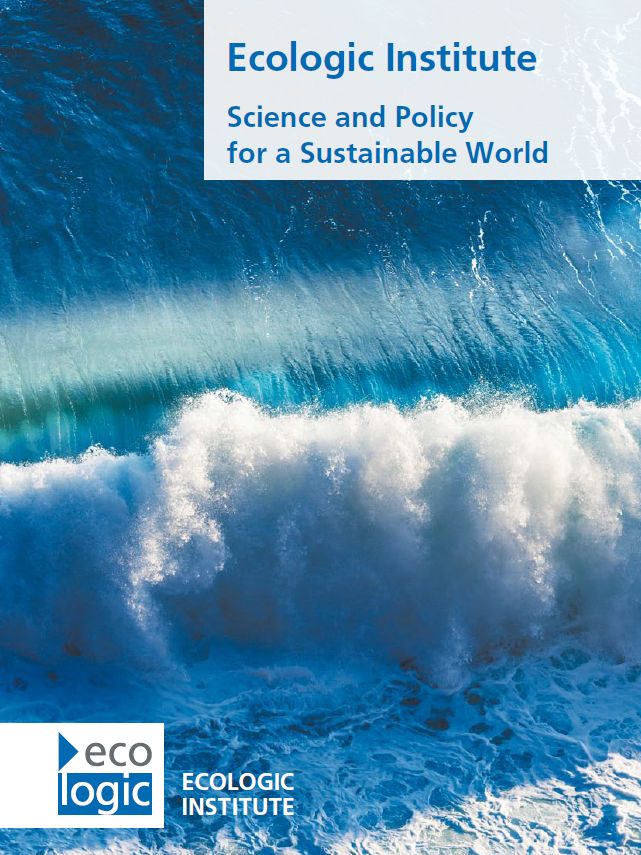The Ecologic Institute and Its Influence on Policies in Germany and the EU
- Publication
- Citation
Kraemer, R. Andreas 2014: "The Ecologic Institute and Its Influence on Policies in Germany and the EU", in: James G. McGann; Anna Viden and Jillian Rafferty (eds.): How Think Tanks Shape Social Development Policies. Philadelphia: University of Pennsylvania Press, 129-148.
In this book chapter, R. Andreas Kraemer offers insights to the functional aspects and challenges in the Ecologic Institute organization, in both a German and European context. After presenting strategies like network cooperation, and internal structures, e.g. the "Fluid Matrix Organization" of the staff, R. Andreas Kraemer highlights policy successes regarding water or nuclear power policy.
Strategies: Partnerships and Cooperations
As one of the largest non-governmental research institutes in the fields of development, environment, and sustainable resource use, the Ecologic Institute plays an important role at national and European level. R. Andreas Kraemer describes how Ecologic Institute is embedded into the German and European research landscape with partnerships, e.g. with US American universities, and cooperations like the Ecornet (Ecological Research Network).
Structures: Fluid Matrix Organization
Organizing the staff in flexible teams is a structural characteristic of Ecologic Institut and ensures a fast and effective approach in project work. The book chapter presents an insight into the practical functioning of this "Fluid Matrix Organization."
Successes: EU Water Policy
The Ecologic Institute does not aim at directly influencing policies; rather, political debates and decision making processes are supported and improved by neutral and evidence-based information. Through the example of EU water policy, R. Andreas Kraemer explains how the Ecologic Institutes has promoted exchange and mutual understanding among experts from different member states.
The book can be purchased at the price of 53,73€.
